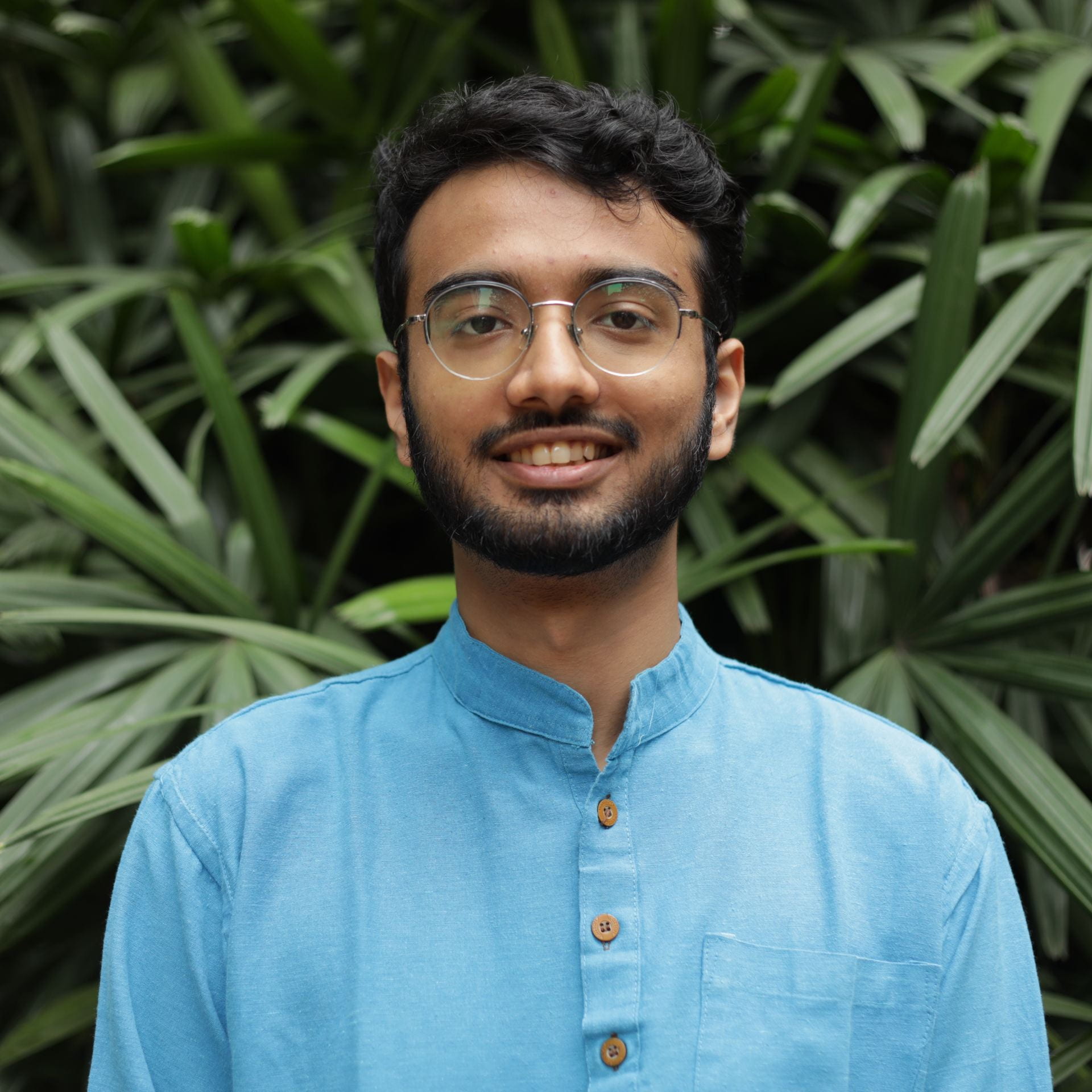Empowering journalists to tell stories about issues impacting cities, through high-quality data science
Investigative journalism increasingly involves digging into large data sets with granular detail on topics such as housing and real estate, policing and crime, voting and elections, education, climate, and government finance. Analyzing and presenting this information in a rigorous, engaging, and impactful way takes significant time, computational power, and expertise — at a moment when many newsrooms are strapped for resources and staff.
Leveraging the University of Chicago’s robust data science infrastructure, the Local Data Journalism Initiative establishes partnerships between news organizations and university data science teams to conduct ambitious investigative journalism on critical issues affecting cities, using the highest caliber data science and artificial intelligence tools and methodologies. The initiative is run by the Data Science Institute and the Mansueto Institute.
Program overview
What sets this effort apart from existing university data journalism programs is that, rather than attempting to train reporters to be data scientists in a few weeks, we connect them with university faculty and students who will conduct data science projects and provide analyses and visualizations needed to complete their stories. This empowers journalists to do what they do best: investigate leads; build relationships with sources; and tell powerful, impactful stories — knowing that the data and results they’re reporting have been rigorously analyzed and validated.
The Local Data Journalism Initiative selects journalists who work at local news outlets and University of Chicago data science students to spend a summer working together, alongside our expert data science faculty. The data science team will include on-campus faculty and a group of students from the University of Chicago with skills relevant for each accepted project. By the end of the summer, journalists will be presented with completed data analyses and engaging visualizations, validated by the University of Chicago, that can be used to shape impactful stories about pressing urban issues.
Application information
The program accepts applications annually for Data Journalism Fellowships from journalists, and from University of Chicago students for Data Science Student Fellowships. Applications for the program are currently closed and will reopen later this year for Summer 2025.
Current Projects
The Local Data Journalism Initiative is excited to work in Summer 2024 with the following journalists and media organizations on critical issues impacting cities, including real estate, transportation, and public finance:
- Maya Dukmasova, Injustice Watch
- Sarah Freishtat, Chicago Tribune
- Matt Kiefer WBEZ Chicago
- Alden Loury, WBEZ Chicago
- Dan Petrella, Chicago Tribune
- A.D. Quig, Chicago Tribune

Clockwise: Maya Dukmasova, Sarah Freishtat, Matt Kiefer, Dan Petrella, A.D. Quig, Alden Loury
Our Team
Meet our team of data science researchers for the Summer of 2024.

Christopher R. Berry
Faculty Lead

Philip Garboden
Faculty Advisor

Justin Marlowe
Faculty Advisor

Eric Langowski
Senior Data Scientist

Divij Sinha
Research Associate

Abigail Beckler
Data Science Fellow

Kevin Bryson
Data Science Fellow

Joseph De Leon
Data Science Fellow

Fatima Irfan
Data Science Fellow

Joaquin Pinto
Data Science Fellow
Joaquin Pinto is a student at the University of Chicago’s Harris School of Public Policy where he is currently pursuing the Master of Science in Computational Analysis and Public Policy (MSCAPP). He previously completed his BA in Economics with a Minor in Cinema and Media Studies at the University of Chicago and worked as a Quantitative Analyst at Refinitiv with the Energy Research Team. Joaquin is joining us for the Data Journalism Fellowship with the Who Owns Chicago team; he is excited to explore means to use data-driven methods to guide policy making in sustainable and equitable urban development.

Regina Isabel Medina Rosales
Data Science Fellow
Caitlin P.
Data Science Fellow

Akshay Ramdev
Data Science Fellow

Ana (Anita) Restrepo Lachman
Data Science Fellow
Anita Restrepo Lachman is a doctoral student in Psychology working in the Social Psychophysiology and Neuroendocrinology Lab under Dr. Greg Norman. Anita completed her bachelors in Neuroscience and Psychology at Duke University and has focused her research on the effects of social stress, in particular loneliness, on decision-making, behavior, and peripheral nervous system activity.

Austin Steinhart
Data Science Fellow
